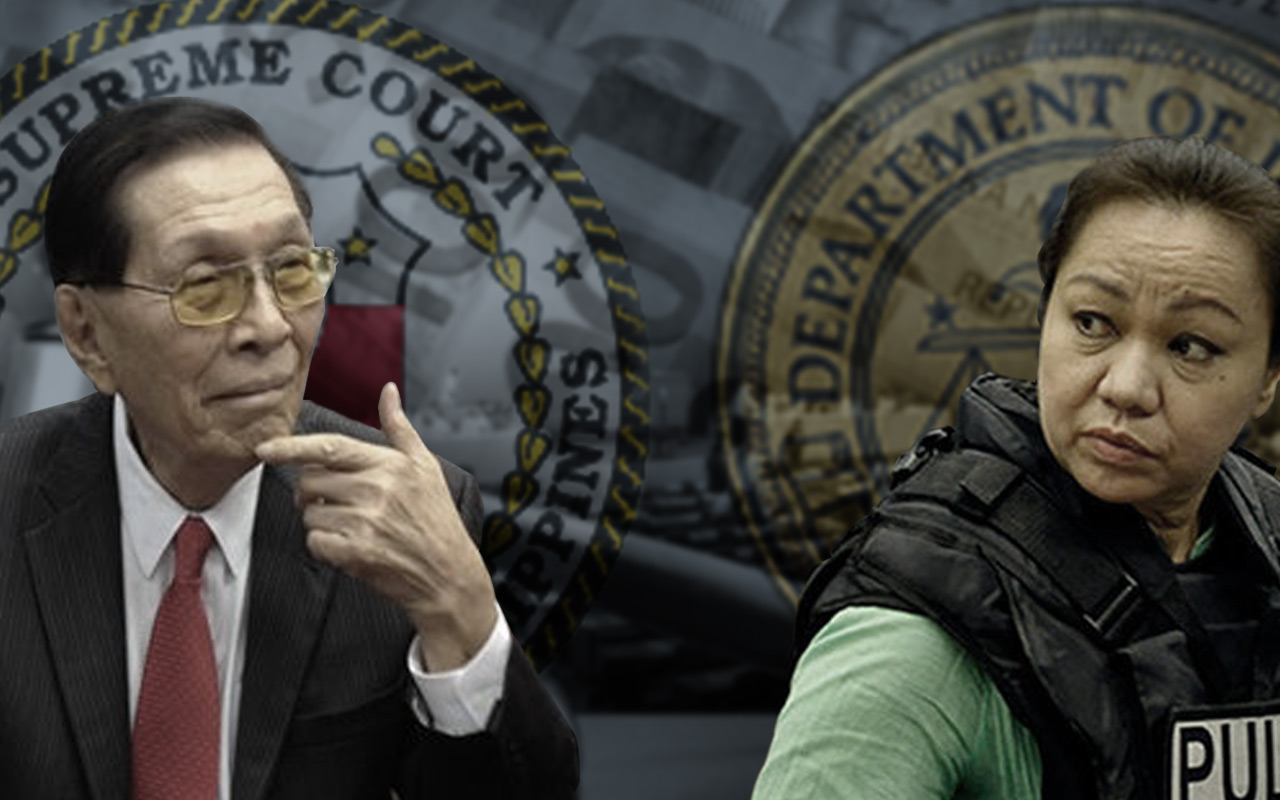What is "kleptocracy"?
Republic Act (RA) No. 7080 as amended was approved on July 12, 1991, creating and introducing into our criminal legal system the crime of "plunder". This law penalizes public officers who would amass immense wealth through a series or combination of overt or criminal acts described in the statute in violation of the public trust. RA No. 7080 or the Anti-Plunder Law was a consolidation of Senate Bill no. 733 and House Bill No. 22752. The Explanatory Note of Senate Bill No. 733, quoted in the case of Estrada v. Sandiganbayan (G.R. No. 148965, February 26, 2002, 377 SCRA 538, 555), explains the reason behind the law as follows:

Plunder, a term chosen from other equally apt terminologies like kleptocracy and economic treason, punishes the use of high office for personal enrichment, committed thru a series of acts done not in the public eye but in stealth and secrecy over a period of time, that may involve so many persons, here and abroad, and which touch so many states and territorial units. The acts and/or omissions sought to be penalized do not involve simple cases of malversation of public funds, bribery, extortion, theft and graft but constitute plunder of an entire nation resulting in material damage to the national economy. The above-described crime does not yet exist in Philippine statute books. Thus, the need to come up with a legislation as a safeguard against the possible recurrence of the depravities of the previous regime and as a deterrent to those with similar inclination to succumb to the corrupting influence of power. (Criminal Case No. 26558 For: PLUNDER; September 12, 2007; Photo by Rappler)





